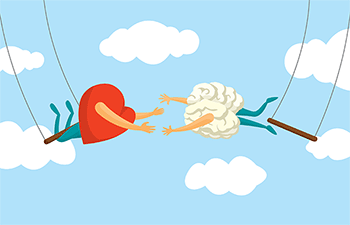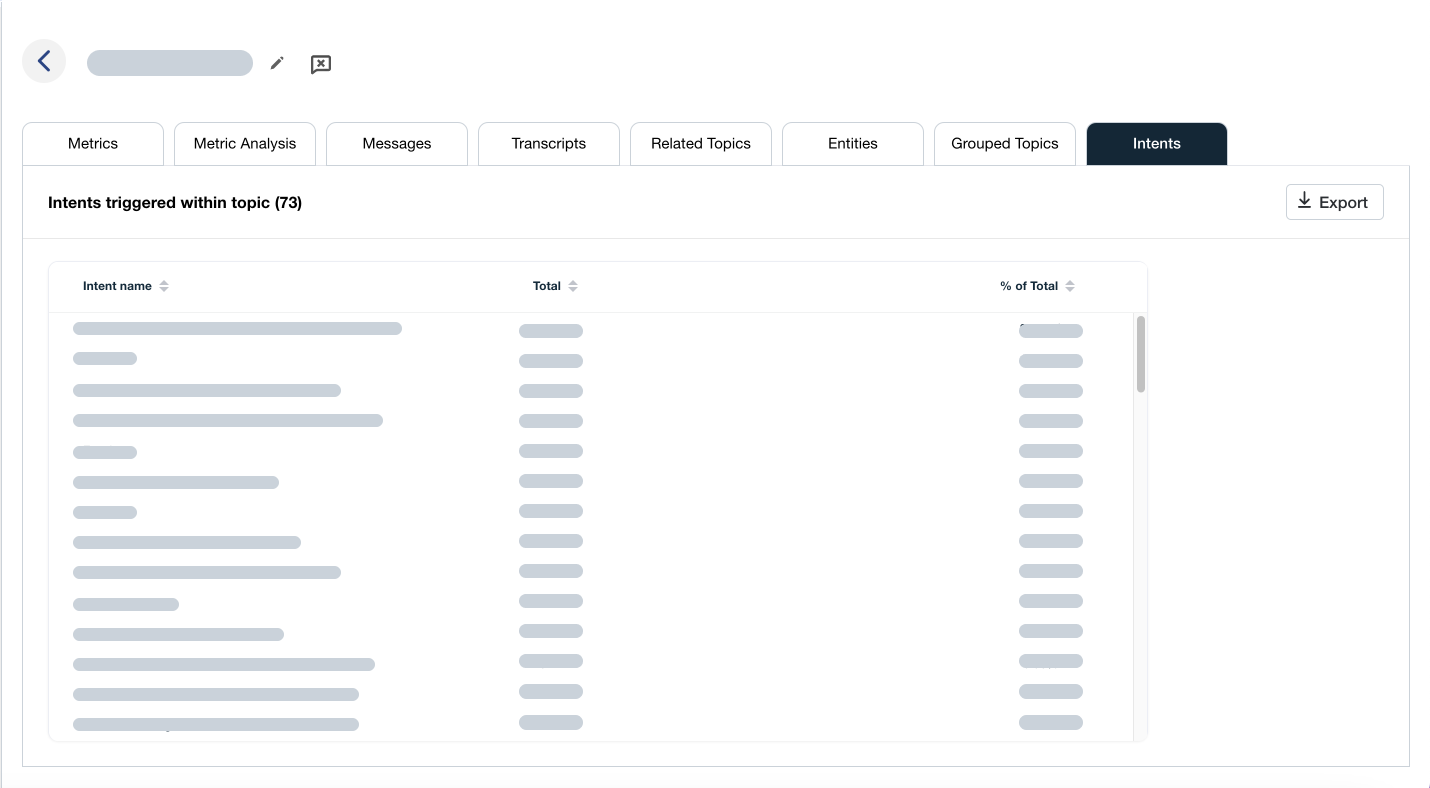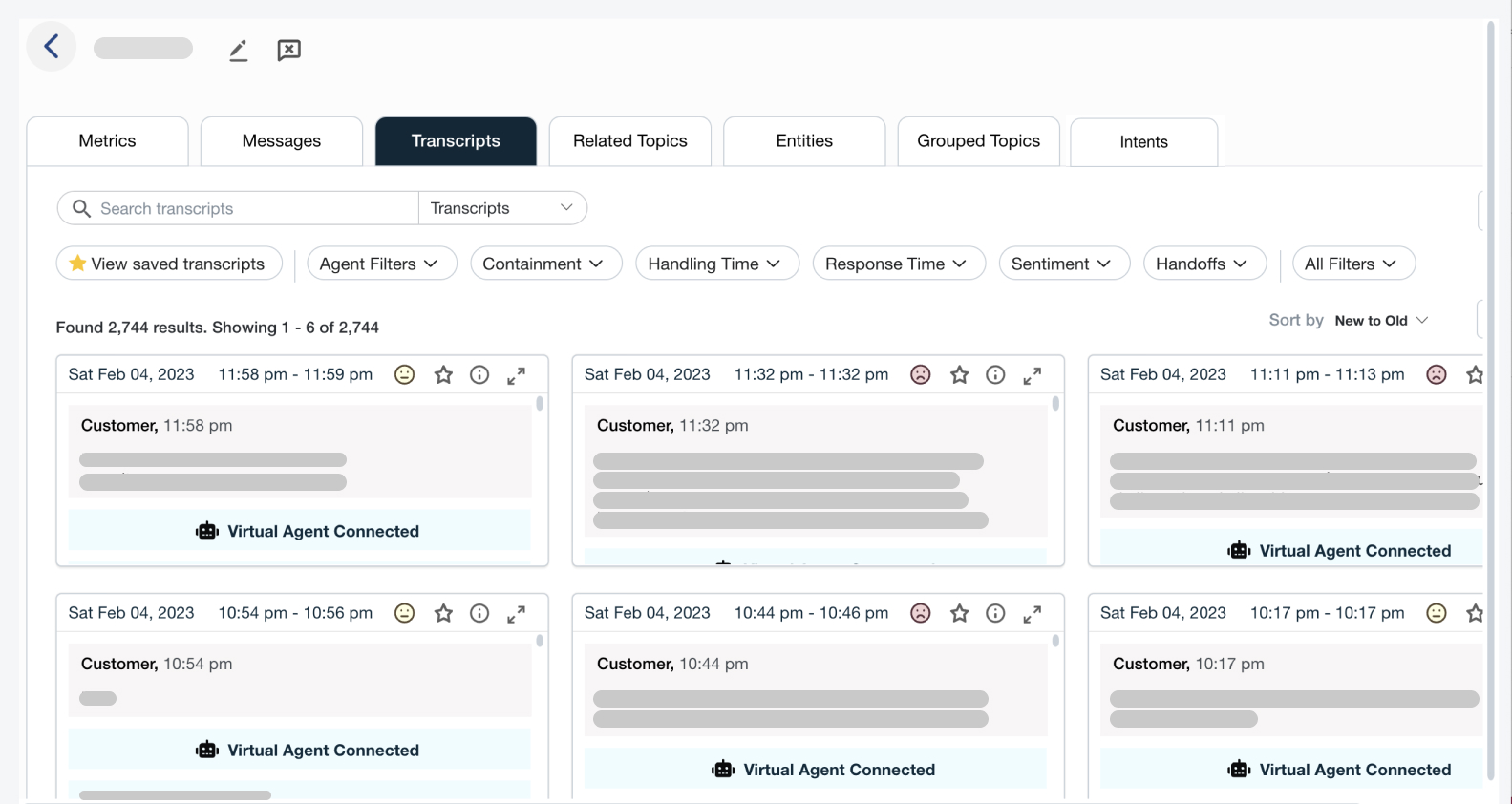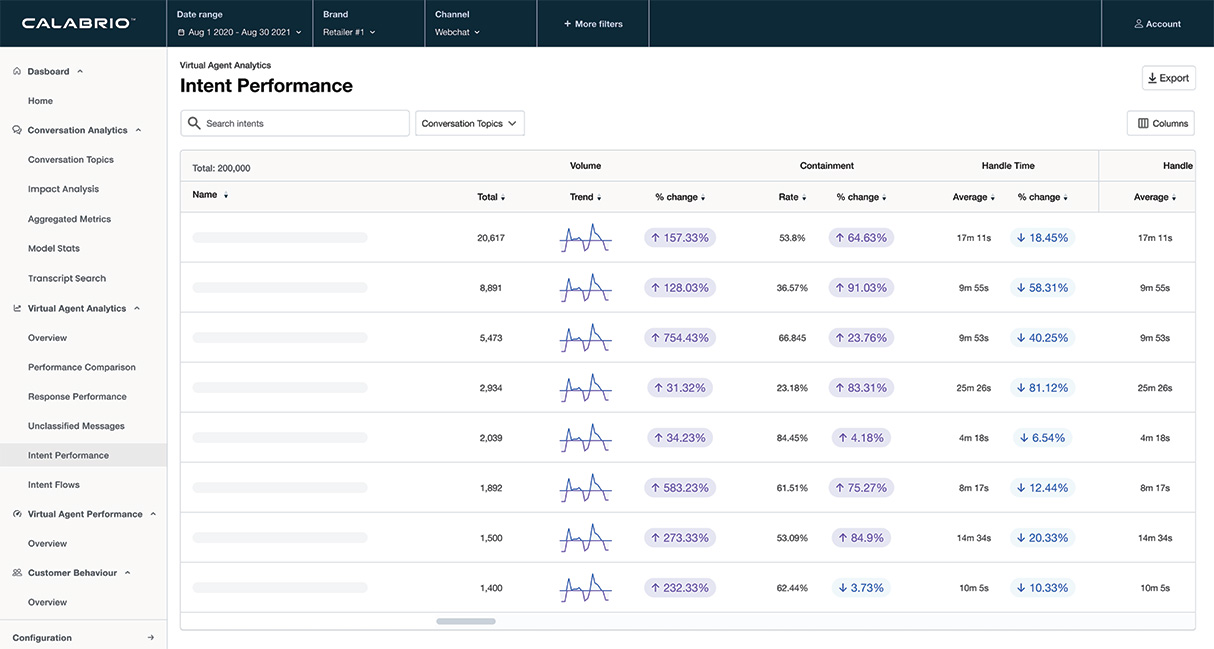Managing workforce performance from a brain perspective
Managing workforce performance from a brain perspective

At this year’s Calabrio Nordic Forum we heard Kelly Tainton, a neuroscience and performance strategies specialist, speak on the performing brain and ‘why neuroscience beats management-babble.’
Kelly interestingly proclaimed that the biological and neurological processes that make a person, such as a contact center agent, skilled in their chosen profession aren’t easy to explain or learn, there isn’t a specific set of criteria that must be checked off. Instead, he commented that skill and high performance is a subconscious and innate ‘thing’ based on bio-human workings. As an example, we saw a Castrol clip demonstrating the superior football skill of Cristiano Ronaldo compared to a Division 1 player, yet this talent wasn’t something he could verbalize, he just did it. And similarly, in considering our own professional roles and relationships with colleagues and clients, it was difficult to assess exactly how we handle situations or what makes us good at dealing with people. We just do it.
However, in spite of the overall sense that performance is something that happens automatically in our brain, away from where management can really take effect, there seemed to be a few WFM pointers that one could walk away with.
Engagement cannot be forced, it comes with real interest and motivation.
The brain releases the chemical, dopamine (which helps people focus), because of events or individuals that really attracts a person’s attention and makes them concentrate. The relationship between raised dopamine levels and focus in a situation shows that engagement isn’t just a switch that can be flipped but rather a mode of being that needs to be properly considered. Telling someone to just engage and focus won’t help them to recruit motivational energy, they need to be stimulated.
Looking more closely, dopamine is often linked to reward-motivated behavior, so finding ways to spark natural motivation could also instigate better focus and engagement. A starting place for management efforts to raise motivation/dopamine levels could be gamification. Awarding badges, points and achievement levels gives agents the opportunity to show their achievements and compete by themselves or as part of a team. Yet this environment of gamification should be constantly adapting and innovating to avoid a dopamine vacuum where agents grow complacent or cynical of such systems. Perhaps, rather than only considering short term KPIs, gamification could also look to have a long-term timetable with greater rewards at the end. Equally, incentives could be brought in for pastoral achievements, such as parenting systems between experienced and newer agents. Thus, ‘older’ agents are being dually rewarded and engaged through tangible prizes and a sense of sharing, and ‘younger’ staff have the chance to answer the questions that they might be too nervous to ask more senior management.
Similarly, managers need to talk with agents and listen to them, so as to find out what naturally peaks their interest. From there, the tasks they enjoy the most will likely be the ones they focus on more and excel in, meaning good results both for the agents themselves and for the company in the quality of their work.
Avoid agent burnout
Kelly observed that the best, most sustainable performance comes with the smallest expenditure of energy for the highest gains. Yet by contrast, too high stress and focus levels without large enough gains can lead to employee burnout as people tire and lose attentional resources.
This burnout can manifest itself in a variety of ways – exhaustion, cynicism and/or inefficacy – and in the worst case scenario will lead to quitting. For contact centers, where attrition rates are often particularly high, this burnout situation definitely needs to be avoided.
Don’t lose your best agents because they are being worked the wrong way. Instead, it is necessary for managers and resource planners to look at the natural competencies of agents. Where do they get the best results? How long do they take in those tasks (as seen above, good results need to be matched by relatively low expenditure of time and effort)? What have they said themselves about certain tasks and channels? Some skills are second nature so find the areas where an agent is innately talented.
Overall, knowing your agents, their achievements and their competencies, will help prevent a possible burnout, or at least spot it in the early stages. All whilst improving the quality of their work.
Don’t shift agent focus too often
Having too many tasks and points of focus can spread an agent too thin, reducing their attentional resources and preventing them from doing any job properly. For instance, constantly splitting an agent’s time within different communication channels, always jumping between platforms, could lead them to underperform on each. Some agents might find themselves intellectually stimulated through having a diverse set of tasks each day, yet managers still need to be careful not to shift their focus too often, either triggering too greater stress levels or impacting the quality of their customer service in general.
The better someone becomes in a certain task or field, the less their focus shifts. In the same Castrol clip, Cristiano shifted his visual focus only 7 times whilst undergoing the performance test, whilst his less-skillful opponent hit 26 different points of focus in the same exercise. So perhaps it is better to add one new task at a time, letting an agent grasp one skill properly (with a refined focus) before introducing the next. At a later date they will get to move between tasks but on the solid foundation of knowing how to properly handle each one.
Importance of experience, experience, experience
Retaining experienced agents is more than just a matter of cost, keeping or losing them could affect your contact center’s overall customer service quality. Along with natural talent, high performance comes from experience, where a bank of memories and pattern-recognition systems have been built up.
Visualization is also key to performance, such as an agent truly seeing a person at the other end of the phone, along with the memories of previous calls to relate tone and tempo to, meaning they have a subconscious knowledge of how to respond. This image can be built up with time, and thus performance can improve with time. No matter how comprehensive the introduction talks are when you hire a new agent, experience and memories cannot be handed over in a training package. So, you really need to engage seasoned agents to retain them, through an inspiring environment, a healthy work-life balance, and motivating them with stimulating work and well-earned rewards.
Talent can take time
Kelly made the valid point that, like Usain Bolt who doesn’t have the best start in his races but has repeatedly won Olympic gold medals, everyone is unique and has their own path to success. So sometimes it is best to allow an agent a little time to make mistakes and learn. One can optimize the learning process, and thus optimize the agent, through letting them practice processing information and recognizing patterns as those techniques will naturally develop with time. Which is again why your more experienced agents will often be your most valuable ones, they have had the time to hone their focus and visualization abilities.
Imitation is the greatest form of education
Growing up we have been told time and time again that copying is a faux par, yet Kelly praised how imitation can help people to learn skills that are otherwise indescribable. Again, it seems advisable to look at the competency of your workforce, find your best performing agents and use them as examples for your less skilled agents. Have them go through example calls and sit next to each other, as simply being around someone who performs well will build memories for other agents, memories that they can use in future occasions.Of course, one has to accept that though people can learn through experience and imitation, some agents just won’t have that second nature skill. Yet at least be patient and allow some time and trialing to assess if this is the case or not, as a star agent could just need some experience and guidance to find their shine.
We here at Calabrio, with our technical and management-focused solutions, do not claim to be neuroscientists nor that our customers should be (unless that is your chosen industry). However, to avoid getting lost in so-called ‘management-babble,’ operations teams should try to understand agents on a closer, neurological level, so as to help their health, growth and enjoyment, and ensure contact centers reap the best results.









